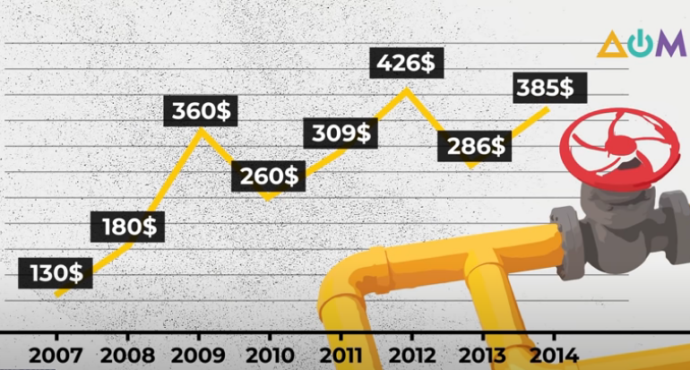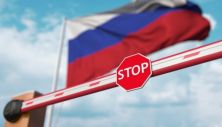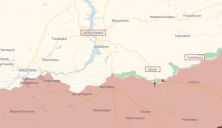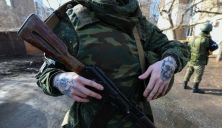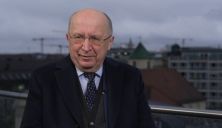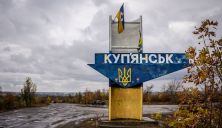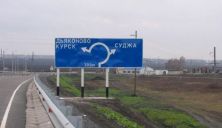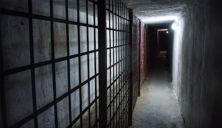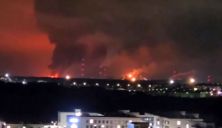2006 is the year of the first gas war with Russia, the communal catastrophe in Alchevsk and the influx of five million tourists to the Crimea. In addition, the Ukrainian national football team is among the eight best teams in the world. Also in 2006, for the first time in cinemas, visitors had the opportunity to watch films with Ukrainian dubbing.
We tell about it in the new issue of the documentary series “30 years of Independence” on the UA TV channel.
Prime Minister Yuriy Yekhanurov’s speech marked the end of the first, but not the last, gas war with Russia. It lasted all last year – instead of the usual fifty dollars per thousand cubic meters, Russia wanted one hundred and sixty, then two hundred and thirty. Ukraine demanded to pay for transit (previously took gas). With the signing of the agreement, it was “delayed” until the new year. On January 1, the Kremlin significantly reduced the pressure in the pipes. By 40% – to Hungary, Serbia, Bosnia and Slovakia, by 30% – to Austria and France, by 24% – to Italy. Ukraine supplied Europe with gas from its reserves. Gazprom accuses it of theft. Kyiv denies all charges.
And on January 4, Russia and Ukraine do agree, a compromise option. Not USD 230, as Gazprom wanted, but not USD 50, as Kyiv demanded: USD 95 with a gradual increase. And an intermediary appeared in the scheme – the company RosUkrEnergo.
And on January 4, Russia and Ukraine still agree, the option is a compromise. Not $ 230, as Gazprom wanted, but not $ 50, as Kyiv demanded: $ 95 with a gradual increase. And an intermediary appeared in the scheme – the company RosUkrEnergo.
“It was motivated by the fact that there was a constant debt for the consumed gas, and RosUkrEnergo had to act as a kind of compensatory mechanism so that these debts do not “hang” before Gazprom, its task was to pay” – said Valentin Zemlyansky, an energy expert.
Meanwhile, with or without an intermediary, gas prices for Ukraine have risen year by year.
This year a real communal catastrophe happened in Alchevsk. Soviet pipes have not been repaired for 15 years, plus water has not been drained in time and an abnormal winter with 30 degrees below zero – the heating system and sewerage system have simply burst.
“This turned out to be a very illustrative example of the fact that the old system has rotted, and the new one does not know what to do with it” – said Oleh Rybachuk, head of the Secretariat of the President of Ukraine (2005-2006).
Schools, hospitals, apartments, turned into glaciers. Rescuers and railway workers from all over the country set up tents with heaters on the streets of Alchevsk. Rescuers were helped by heavy industry. The local plant and metallurgical plant provided free equipment and staff to repair the pipes.
Although no one officially died of hypothermia, this story became a symbol of communal catastrophe. “Second Alchevsk” – it is said now in every such case.

